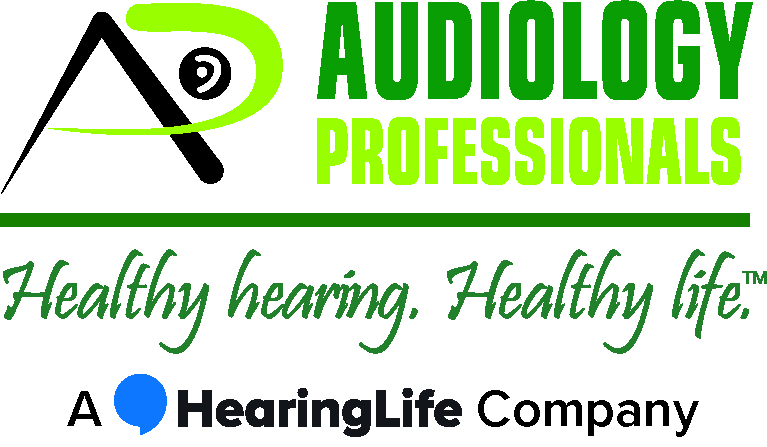5 Common Questions About Tinnitus
The National Institute on Deafness and Other Communication Disorders (NIDCD) reports that over 25 million Americans experience tinnitus. Tinnitus is often called ringing in the ears. It is the experience of hearing sounds not produced by a source outside of your body. Other commonly reported sounds associated with tinnitus include:
- Buzzing
- Humming
- Hissing
- Whooshing
It’s very possible that you’ve experienced tinnitus at some point in your life. It can affect people of any age. Younger and older people can both experience tinnitus. Their symptoms could be acute or chronic (long-lasting).
5 Common Questions about Tinnitus
Whether you’ve experienced tinnitus, or you know someone who has, you may have some questions. We’re answering these 5 common questions about tinnitus.
What is Tinnitus?
WebMD defines tinnitus as: “Tinnitus (pronounced ti-ni-tis), or ringing in the ears, is the sensation of hearing ringing, buzzing, hissing, chirping, whistling, or other sounds. The noise can be intermittent or continuous, and can vary in loudness.”
The sounds that people with tinnitus are hearing are not made by something out of the body. Most people with tinnitus will find it little more than an annoyance. For others, however, tinnitus can have a significant impact on their daily lives and overall quality of life.
How Many Types of Tinnitus are There?
There are two types of tinnitus, known as subjective and objective.
- Subjective Tinnitus – This type of tinnitus is the most common form. Symptoms include ear or head noises that only the person suffering can hear. The majority of reported tinnitus cases, over 99%, are classed as subjective tinnitus.
- Objective Tinnitus – This form of tinnitus involves other people being able to hear the noises from the sufferer’s ear or head. Objective tinnitus is normally caused by internal bodily functions. This could include, for example, the normal flow of blood. Objective tinnitus makes up 1% of reported tinnitus cases, making it exceptionally rare.
What are the Symptoms of Tinnitus?
Tinnitus symptoms can differ from one person to the next. Ringing in the ears is the most commonly reported symptom. Other symptoms can include:
- Hissing
- Clicking
- Roaring
- Buzzing
- Chirping
- Music
- Whistling
What Causes Tinnitus?
There isn’t one particular cause of tinnitus. Instead, it can be triggered by a variety of different things. These can include:
- Hearing loss – According to the Hearing Health Foundation, 90% of people with tinnitus have an underlying hearing loss.
- Loud noise – Exposure to loud or dangerous noise can result in symptoms of tinnitus. Have you ever walked away from a loud event and feel like your ears were muffled? Perhaps you stood very close to the speakers, and ended up with a high-pitched whine in your ears. Noise can trigger tinnitus, but the symptoms generally go away after some time. If they do not, we recommend speaking to your local hearing healthcare clinic.
- Blockage in the ear – A blockage in your ear, like a buildup of earwax, can cause tinnitus. Removing the blockage will normally stop the tinnitus.
- Medication – Certain types of medication, known as ototoxic, can impact your hearing health. The first symptom that your medication is affecting your hearing could be tinnitus.
Is Tinnitus Treatable?
There is currently no cure for tinnitus. But treatment options can help minimize the symptoms. If an underlying condition is causing your tinnitus, treating the condition may help stop the tinnitus. If your tinnitus is chronic, behavioral remedies or masking techniques can reduce symptoms.
Consult with the Professionals at Audiology Professionals
At Audiology Professionals, we are here to help you maintain your hearing health. We take the time to listen and understand your unique situation. Our comprehensive services will be customized for you. Using the latest technologies, you’ll receive the very best service and enjoy our friendly staff. Contact us today to schedule an appointment with our team.
